|
Location: The Hilton Adelaide. Breakfast - eggs, bacon and a double short macchiato. The coffee, Vittoria, a super commercial brew, but if made well it's actually really good. I'm leaving the resturant and went via the coffee machine. The barista was Otto. I said "Hi Otto, you just made me a double macchiato." I wish I could publish a photo of his face. It was a look of horror, fear, what's he gonna say next, what did I do wrong, am I in trouble? Otto said "Yes " I followed with "It was really good. I just wanted to let you know, thanks very much." A look of huge relief came over his face. I walked way thinking how few positive comments Otto must receive on the coffee station or perhaps the only comments he gets are when there's a problem. It's almost like he didn't know how to accept a compliment because it was so rare to receive them. It's such a simple thing; to find somebody in a situation like that and give them a genuine authentic compliment of appreciation. A genuine compliment, to look them in the eye, give them a simple smile and say thank you. It goes so far, yet isn't it sad, the simplest things get pushed aside, taken for granted ...yet they mean the most. GB
0 Comments
This was the set up to an innovative idea session that invited supporters, suppliers, and important people to this charity, that were being called together to design ideas for the future. They tried to plug-in an old School VGR data projector, you know the ones that wobble everywhere and you can never focus. Then they had no power supply or power socket to plug into, and ... no extension lead as the participants started to file in to the room. There was an old dirty whiteboard in the corner full of marks and old blue tac with no pens. There was nothing on the table to write on or with. I've come to believe that the environment you create for creativity has a big impact on the output you receive. The where and the environment impacts how people feel. What's around them to stimulate their minds, and how they feel in order to share and create. In The War of Art Steven Pressfield wrote about resistance. The resistance is the artist's worst enemy. The resistance creates all the excuses, judgements, blocks, distractions, inner narratives and reasons not to create. The where here is playing into the hands of resistance. Should it matter? Probably not. If you have the identity of a creator, you train yourself to think in a nonlinear fashion whilst appreciating the linear journey, you're up for the challenge, and you say yourself "what else?" then the environment shouldn't matter. But it does. The environment and how you feel, what you see, feel, touch, smell and taste, impacts creativity through your senses. (In the cupboard I found an old VHS player... old school, enough said). GB
The meeting finishes, most make for the door, they bail out. The conference session finishes, most people bail. Creative session at work, session done, people bail out. Imagine what would happen if you just hung in there for 2 or 3 minutes, to regroup, capture learnings, ponder next steps, process what went down, look at the actions you were tasked. Instead most bail out, onto the next thing... more email, messages, scrolling, what did I miss out on... busy stuff. You don't even need that long to join the few, who stay, process, ponder, plan, reflect. Reflection is hard, yes. There is magic in resisting the bail out. As Steven Pressfield wrote in the War of Art, your Muse wants you to stay back, Resistence wants you to bail out. Listen to your muse. Just try it, see what it feels like to be with the few who don't bail out. Cool pic thanks to Paul Hanaoka. GB
In season, I pick fresh raspberries most days. Regardless of how hard I search, there's always one more to pick. When you crouch down and look at the patch from a different direction, you find that extra raspberry, that's hiding. When you walk around the other side of the patch you see that other one that's hiding in behind a bunch of leaves. It's a bit like ideas. We sit in front of a computer or sit in a boardroom for hours on end and expect to have a good idea only to find they're hidden. Just like picking raspberries, you need to change your perspective. Go to a different chair. Go to a different room in the house. Sit on the floor. Change where you sit in your coffee shop. Find a different seat on the train. Take the train! Get up and move to a different seat in a boardroom during a brainstorm. Ideas are just like raspberries. You need to continually change your perspective to allow your brain different surroundings, different stimulation, different angles, different associations. You'll be surprised at how this change of perspective changes the quality, and the amount of ideas you can generate.
People often comment that they struggle with reading. Many have books sitting on a side table, many can't concentrate; focus is a real issue and mostly they blame themselves for struggling to read. However, it may not be all the reader's fault. I read this quote recently...."Not all writing is worth reading. Just because someone can put words on a page doesn’t mean they are worth reading or add value." I believe the quality of writing today is largely ordinary. Every now and then you come across a beautifully written book where you effortless find yourself turning page after page as you become engrossed in the narrative, the flow, and where the author is taking you. Many books today are written to get a book on the shelf to promote the author. As Michael Bungay Stanier said, there's a large difference between being an author and being a writer. So if you are reading one of these mindless books that offer no real value or enjoyment, don't feel bad about quitting. Look for great book recommendations of books written by great writers. Then judge how well you read when you read a great book by a great writer rather than just someone who wants to be an author and get a book on the shelf. Great pic Thom Milkovic thank you.
Singer songwriter Nick Cave's son Arthur died in a tragic accident in 2015. In his book Faith Hope And Carnage, Nick Cave was asked if it was hard to start writing again after the loss of his son. He said it wasn't so much hard to write, it was hard to pick up the pen. It's the start, the desire to actually do it and start it. This is such a beautiful sentiment for most who never start. It's not the event itself. It's actually picking up the pen. It's not the workout, it's getting to the door of the gym to work out. It's not being healthier, it's leaving the biscuit on the conference table at morning tea. It's not the writing of the proposal, it's the opening of pages and typing the first word. 📚 It's not the walk or run, it's putting your first shoe on. So... pick up the pen. This is a fascinating read. Raw, vulnerable and the story of trauma through the eyes and heart of a poet.
The runner: "I've got a hamstring problem, I am going to see a physio to get my hammie treated".
Me: "Are you sure it's your hammie?" Quite often we treat the symptom not the cause. We go to the issue at hand and don't take the time to go upstream to establish what the root cause is. We see it in medicine. I am sick... ok, take this. It's not why are you here, what's the cause of this situation, your lifestyle, habits, nutrition, lack of movement, stress, overwhelm, workload. Late for meetings? Why? Poor planning, no prioritising, lethargy, historically we always start late (leadership and standards), everyone else is late (extrinsic validation). Going upstream is an important thinking tool. The Japanese leader would ask the why question 5 times to get to the real cause. Most ask the question once (if any) and treat the symptom. Turns out the upstream cause of the hammie issue lay in their shoulders... tight shoulder, caused the body to be out of whack, so then hips out of whack, tightens their glute, tightens the hammie, strains hammie. Look for the cause before treating the symptom. Thanks to Annie Spratt for the pic. American rapper Rakim, is one half of golden age hip hop duo, Eric B. & Rakim. He is widely regarded as one of the most influential and skilled rappers of all time. In his book "Sweat the Technique", Rakim said when he wrote a lyric he wanted not just the applause, but to educate.
How often are people on socials, even on Linked In, posting for applause? Rarely do we find people sharing to educate or add value to the reader. Most post, the few write. Rakim sets the bar... do we post for applause or do we really believe what we share can educate? It's a useful audit. Wait till people start to rationalise this one! On entering the gym, the first thing to see was a table of lollipops and chocolates. The owner said "Oh, it's Valentine's Day." Walking into the boardroom for a group that's there to enhance the life of leaders, they are serving choc muffins, cakes and sporadically down the table of the boardroom are lollies. The organiser said "Ah well that's what we always do, it's what the young staff member got from the shop." We can rationalise these things anyway we like, but rationalisation is a trap. You can justify it all you like. But downstream the future you is saying why would you do that? Downstream is where rationalisation really hurts. Rarely do we consider our future you. It's easy to rationalise why we take calls at our kids soccer match. Why we accept calls or check emails on holidays. It's easy to rationalise why we miss our morning workout. It's easy to rationalise eating rubbish at the Qantas Club. It's easy to rationalise sitting on a train scrolling mindlessly through socials. It's easy to rationalise poor behaviour or things you know aren't going to empower your future you, make you better or take you towards your goals. Short term gratification rationalised at the expense of long term damage. To understand how this rationalisation works, read The War of Art by Steven Pressfield, a book about the Resistance. It's why in so many areas of our life we find ourselves struggling ... where we give in to the resistance, and one of it's key soldiers is rationalisation. Soon those chocs at the gym will be Easter Eggs, then Halloween... it's a gym! Great snap, thanks Nick Fewings.
This guy would often reply "It's the best I can do, I've given it my best". It made me reflect on a conversation for The Mojo Sessions with Dr Jeff Spencer a high-performance coach who works with the likes of Tiger Woods, U2, Nike, a host of Tour de France champions and even Richard Branson. Jeff said when we think we have given our best we are actually creating a perceived limit by saying we think we know what our best is. Quite often it's not your best, it's what you're willing to do, not what you are capable of. Our language matters. Many high-performance coaches will say that we don't really know our own potential and fall short often by giving what we believe is our best, but in actual fact we are probably sitting at 40%, or at the most 50%, of our true capacity. Language sets limits. Don't set limits on yourself by seeing or believing in what is your best. This is particularly important with our children, which is why we should praise and commend the process with kids not the outcome. Hear the full conversation with Dr Jeff Spencer Ep 210 at https://shorturl.at/mzHW6
Quentin Tarantino learned a valuable lesson from Harvey Keitel in the making of Reservoir Dogs. He told Tarantino when an actor first comes in to read for a part "Don't help them out in that very first reading. Don't give them any guidance, don't tell them how you want the scene, don't tell them what you are looking for... they have the material themselves and they have come up with their own things. You will never see what was in their head the very first time unless you let them do it" This is a valuable lesson in creative thinking. Many are too quick to jump in with children or team members, and guide the discussion, or share what they think, solve the problem. When you jump in like that, without letting them have a good go.....you never see what was in their minds, what they had been thinking, where their ideas were going. Tarantino said to this day, for the past 21 years, he keeps it front of mind. Good lesson. Thanks to Mike Von for the pic.
"Make 2024 your best ever" "2024. Let's go" "New Year new you" and all the other cliches that are rolled out this time of the year. But if nothing changes nothing changes. The problem is we set all these goals, but we maintain the same standards. The Mojo Reset Live Event 2nd & 3rd February 2024 at the Green Square Library is your opportunity to dream, plan, prioritise, gain new skills, and set the standards required to achieve everything you imagined in your world for this year. If it's time to reset, and actually raise the bar this year, The Mojo Reset is your ticket. Gary has curated the thinking of some of the world's best and most progressive thinkers on topics like identity, discipline, energy, relationships, energy, relationships, learning, creativity, strategy, leadership, and progress. The thinking from these interviews sets the foundation for this one of a kind live event. You'll also be part of a live recording for The Mojo Sessions with global listening expert Oscar Trimboli, who will share the impact of deep listening for you and those around you. Oscar's work is recognised around the world and surely listening ... the ability to be understood, to draw out great ideas, and facilitate a productive, and meaningful conversation, is one of the great skills of any leader in today's world.
Book tickets at: https://www.garybertwistle.com/store/p30/The-Mojo-Reset.html “I write for fun. I write for play… I write to discover what I want to say and how to say it… and the nerve to say it.” - Greil Marcus on why he writes.
Many write to impress others, to get the likes, to get the extrinsic validation from the crowd, or to have beautiful journal notes that are insta worthy. Many won't write in their own personal journal for fear it is not arty enough like the stuff we see shared, or worry what would we say, what if we make a mistake, what if we just write crap? The quote above gives us approval to just... well....write... to just get your random thoughts on the page. For the joy of putting words on a page. To express ourselves for your own intrinsic approval. Write for yourself, no one needs to see or read it. Be surprised by what presents when you write for you and not the approval of others. It unlocks your imagination, it fuels your creativity, it reflects back in children who see you writing, it's reflection, it's gratitude and what's more... it's just for you! GB. Photo Sarah - Jane O'Hara. What's your return on attention on any given day? You give loads of stuff your attention throughout the day, what return are you getting? Can we remember what was said in the meeting we sat through? Who is going to action what? We skim socials on the way to work on the bus, any return? The podcast we listened to, what did we take out, where is it stored? We go to conference after conference, sit through plenaries, what's our return? Time after time we see people in these situations without even a pen and paper. What chance do we have of a return on attention if we don't take notes? Rely on your memory? Forget it. We are forgetting how to remember. We know what to do... ask questions (helps you learn better), write it down (helps you recall better), store your notes in a Second Brain (easy to retrieve), compartmentalise your day (helps your focus on a particular task). Above all else value your time, your attention and your learning. Create the desire to be better today than yesterday... your competitor could well be about to get a better return than you! Thanks to Romain Vignes for the pic.
The Mojo Sessions recently did an interview with Dr Gloria Mark, Ep 419, who has studied attention for decades, fascinating conversation, for details visit https://www.themojosessions.com/season-4/ep-419-dr-gloria-mark The runner: "I've got a hamstring problem, I am going to see a physio to get my hammie treated".
Me: "Are you sure it's your hammie?" Quite often we treat the symptom not the cause. We go to the issue at hand and don't take the time to go upstream to establish what the root cause is. We see it in medicine. I am sick... ok take this. It's not why are you here, what's the cause of this situation, your lifestyle, habits, nutrition, lack of movement, stress, overwhelm, workload. Late for meetings, why... poor planning, no prioritising, lethergy, historically we always start late (leadership and standards) everyone else is late (extrinsic validation). Going upstream is an important thinking tool. The Japanese leader would ask the "why" question 5 times to get to the real cause, way upstream. Most ask the question once (if any) and treat the symptom. Turns out the upstream cause of the hammie issue lay in their shoulders... tight shoulder, caused the body to be out of whack, so then hips are out of whack, tightens the glute, tightens the hammie, strains hammie. Look for the cause before treating the symptom. Thanks Jozsef Hocza for the pic. For some people, having to sell carries a negative vibe, being in sales, a salesman. However if we step away and consider our identity, there is another way to approach sales. A lady was being interviewed for a sales job at a brewery. The head distiller asked "Have you worked in Sales?" The lady said... "No, not really, I worked for a coffee company going around to businesses but I wasn't really selling, I felt like an ambassador for the company, I just loved the company, the coffee, the people and I wanted to share that with coffee shops". Different IDENTITY, different approach to selling, it's more storytelling with meaning, purpose and a genuine desire to help the other person because you believe the product is something great. If you are an ambassador, defined as "a person who represents and promotes a company, supports its offers and acts as the embodiment of the company's corporate identity through words and actions" then you sell/share stories in a different way. I believe she got the job, not to sell but as a brand ambassador of the brew house. Photo thanks to Elevate. GB
Will we ever have enough confidence and courage to get around the stigma of non-alcoholic beverages in a social gathering? This guy asked me for a stubby cooler as he was heading out to a motorbike event with the boys. He knew they would be getting on it. He didn't want to drink, but he had non-alcoholic beers and he put it in the stubby cooler so it would look like he's drinking. Another guy at a recent party was filling his can of VB with mineral water to make it look like he was drinking all night. I met another guy who was drinking Heaps Normal non-alcoholic beer, but he had it in a Bintang stubby cooler to make it look like it was alcoholic. Three different scenarios which make me question whether guys can ever get their heads around the stigma of not drinking alcohol in social surroundings. "I'm driving" of course was the leave pass. But if you just don't need the alcohol, it will be interesting to see how this plays out. Given the amount of different non alcoholic beers and spirits available now, there must be a market now (story below re non alcoholic bars)... and into the future for the investments that are being made... but psychologically, I know guys who won't go without the alcohol in beers in a social surrounding.... it's a curious situation.
A lady in the audience said "That's all fine, but it's different in the real world". That sort of comment always makes me think back to the statement I read in a book called Rework. "Ignore the real world: The real world is a toxic place where dreams are slaughtered by those who are too coward to try. Somebody else's reality doesn't have to be yours, so define your own reality with your own existence and ignore the rest". (Rework, a Book by Jason Fried & David Heinemeier Hansson.)
Many use the real world as an excuse not to have a crack. ... a reason why something cannot be done. A reason not to put themselves out there. "The credit belongs to the person who is actually in the arena; whose face is marred by dust and sweat and blood who strives valiantly". Not to the person in the grandstand critiquing and blaming the real world.... the yeah but people. Shoutout to Ben White for the pic. Dr Gloria Mark is the author of "Attention Span: A Groundbreaking Way to Restore Balance, Happiness and Productivity". Last week's guest on the Mojo Sessions, Dr Mark talks about expanding our attention span, how we focus better, how we develop our power of observation, and how we are more in the moment and take agency over our attention. Fascinating conversation. Case in point of the power of attention and observation: The inventor of instant ramen noodles, Momofuku Ando, got the idea for his Cup Noodle when he witnessed the crowds lining up for ramen on the war-ravaged streets of Osaka in 1945. Decades later, he had finally perfected a technique for flash-frying noodles, making them both speedy to reheat and almost infinitely shelf-stable. Today, more than 121 billion servings of the quick noodles are eaten each year. How? A guy paid attention. Somebody had to notice what was going on. Somebody had to detach from the busy distracted world and see or hear an opportunity. Here is a link to Dr Gloria Mark and her conversation on The Mojo Sessions: https://podcasts.apple.com/au/podcast/the-mojo-sessions/id1530154809?i=1000628672674
Years back, in the late 90's, when I worked in radio, The Body Shop was all the rage. It's founder Anita Roddick was a rock star, up there with Branson. Last week I met a lady who worked there during that halcyon period. She said "The Body Shop was my second home, we loved it, we were in it together. It was commercial with a heart and soul, they had an ethos." Back then they fought for animal rights, no testing on animals, great product, a real vibe.... they fought and sacrificed for a mission. Some years later, the media reported, "hundreds of consumers declared a boycott of The Body Shop in 2006, after its owner sold the cruelty-free brand to cosmetics giant L'Oreal – which was well-known for testing on animals". I walked past a Body Shop recently and although terribly quiet compared to neighbour Lush, The Body Shop would not be in my top 25 brands to shop for body products. I wonder how sales are? Converesly, Lush reported their highest sales on record in the month of December 2022. Shopping at Lush is a great experience. My recent experience is below. In summary ...When I spoke to a team member at Lush he said "I love this place with all my heart." Why... "I love the experience and the ethos. "
Enough said. #transferofpurpose There's always plenty written about finding your why. Productivity experts focus on what you do, and when you do it. Little is talked about in considering the where. Steven King would hit his writing chair and table each day at 8 am, have a glass of water, his vitamin tablet and think "now it's time to dream." It was his writing chair. Other leaders have a favourite coffee shop, they enjoy the white noise and visual surroundings. Bill Gates had a cabin in the woods. Steve Jobs would walk the campus at Cupertino whilst conducting important conversations. Consider your where. What's it like to come to your office? Is it stimulating, is it a place of creativity, is it inviting and engaging.... the boardrooms, the offices, the lunch room? So for you.... what does your ideal space look like? Is there music? Is there silence? Is there chaos outside or is there serenity? What do you need in order to fuel your learning or imagination? Home, park, train, plane, coffee shop... where is your best where? I recently met a guy who felt his workouts were flat, so he changed the where... new gym, new surroundings, and he got his workout mojo back!
For 25 years I have had a problem with gluten. For decades I've accepted that gluten-free bread, that in some cases is like cardboard, comes in a loaf that never replicates a fresh loaf of traditional bread. Travelling through Moss Vale in the Southern Highlands recently, it was time for a brew. I pulled in at the What If Society. After ordering my Machiatto, I asked whether they had any gluten-free bread. Someone appeared from the kitchen, grabbed a fresh loaf out of the window and said "would you like me to cut a piece for you?" I bought the loaf. The bread was sensational. Probably one of the best gluten-free loaves I've ever tasted. The only rival would be Gordon Ramsay at the Savoy in London. My story is not just about the bread, it's about the intention. The lady brought me my toasted GF bread and explained how she made it.... seeds, sprouting etc, then explained how she made the butter and how she made the rhubarb jam. The coffee was great. On the wall was a poster that showed all the food producers they used in the cafe and not only the farm it came from, but where it was geographically located around the cafe. Everything in this cafe was intentional.Intentionality means you need to slow down. Haste does not bring intentionality. As the Navy Seals would say "slow is smooth and smooth is fast." This lady was not only the owner, the chef and the baker she was an artisan. Intentionality came in every aspect of her work, her standards, her product and her business. I would highly recommend The What If Society when you're passing through the Southern Highlands. It's worth a detour to find this hidden gem. But you'll need to be intentional as it's off the highway.
He said, "Burning Man changed my life. It changed my business. It fired up my imagination. It refueled my creativity. It made my life better." He would come back from Burning Man pumped, and want to tell everybody he met about his experience. He'd tell his story and people would glaze over, then move on. Then a friend said "Most people are asleep. It doesn't matter what you say to them. They're asleep. Then there are those who are dozing. If you can peak their interest, you may wake them up. Then there are those who are wide-awake. He said, go for those people and tell them all about it, because they are the people open to a new idea, they are curious, are actually listening and hearing, they want to explore a new idea. But most people are asleep." Since that conversation I have thought about most meetings, conferences, social gatherings, board meetings....and most people are asleep. Distracted, not listening, not asking questions, not probing, not taking notes... asleep. There's always one in the group who is wide-awake, asking questions, taking notes, asking a question, then a follow-up question, truly attentive, in the room, not distracted....there's always one person who is wide-awake. Most are asleep.
Thanks Christopher Kuzman for the shot from BM. A car dealership in Adelaide has moved the service and parts area of the dealership to the front window.... you can see the guys working on your car. Driving past last week at night, instead of the front windows being lit up with new vehicles, they were lit up with cars on hoists, parts, toolboxes, all looking pristine, organised, and yes, it was behind huge plate glass windows on full display on a main road for all to see. Why?
I find it really curious when all of my life when you've dropped your car off for a service, you hand your keys to the front desk and your car disappears behind a large wall. It only reappears in a car park where you receive your keys back, your invoice and the pain of having to pay for what happened behind that wall. Now it's a feature, front and centre, looking clean, efficient, and seemingly something that's not hidden from view. Key take outs: The service part of the dealership is quite profitable I understand. Makes sense for it to be on show. It probably makes the mechanics feel more pride in their work to know that people can see their craftsmanship. It's contrarian to every other dealership who focuses on flogging cars. No doubt this will be something you will now start to see across the country as more dealerships start to redesign their dealerships to change the perception of service, the people who work there, the importance inside a dealership, and if nothing else .....to be different. I took a double take driving past to get my head around the fact that there were hoists and guys with toolboxes on the main road behind these massive plate glass windows and not brand-new cars with hefty price tags. 8 out of 10 people in every company globally are believed to be indifferent about their work. Love your work verses indifferent about your work. It's a great way to categorise where we are today with people and teams, and perhaps the basis of why so many people are disengaged according to Gallup, and happy to up and leave an organisation because they don't ... well, love it. Loving your work means you like the people you work with, you find true meaning in your work, you fulfil your own why, you can match your personal values with those of the company, having leadership you admire, having a direction to head in and trust in the leadership, they know how to get there, and a place where people feel trusted, a place where they feel safe. It's a lot to ask a leader to create that environment, but surely that's a good starting point as a checklist to say, "How do you have people love the work they do in your company?" When most are indifferent, the few are in love. What if you could...
|
|
ABN: 16 079 593 785. Tel: +61 2 9231 5256
Postal Address: 21/4-8 Waters Road, Neutral Bay, NSW, 2089 Australia
Site Design by Bertwistle Holdings. Photography by Sarah-Jane O'Hara





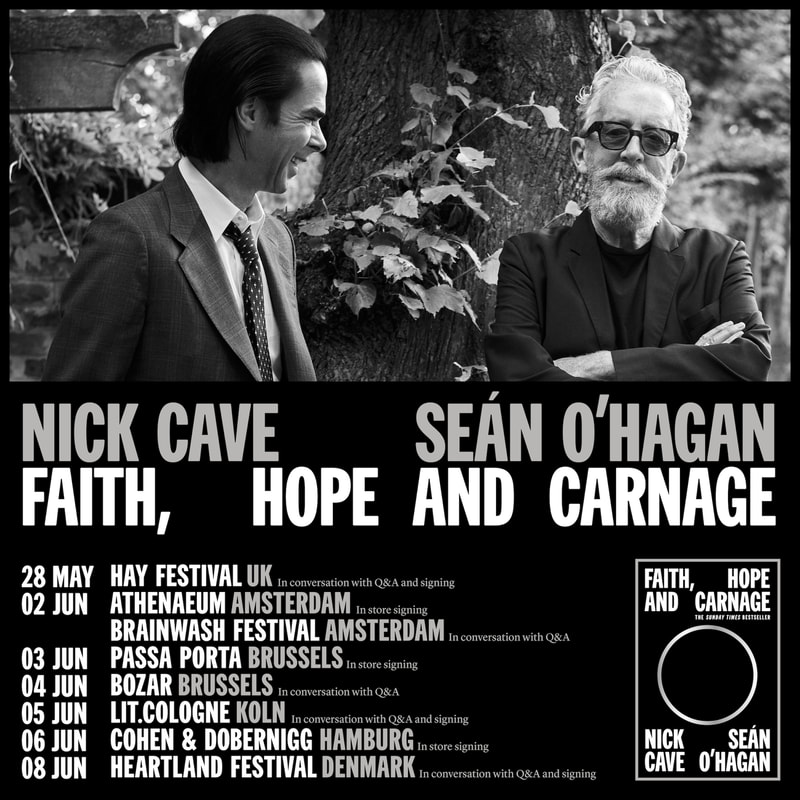

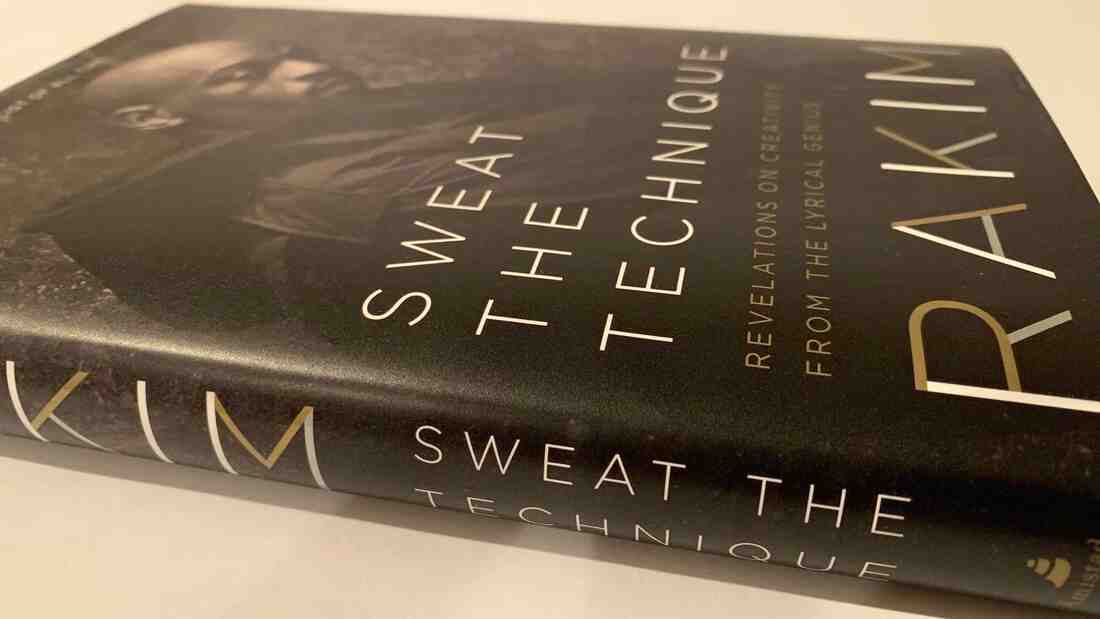

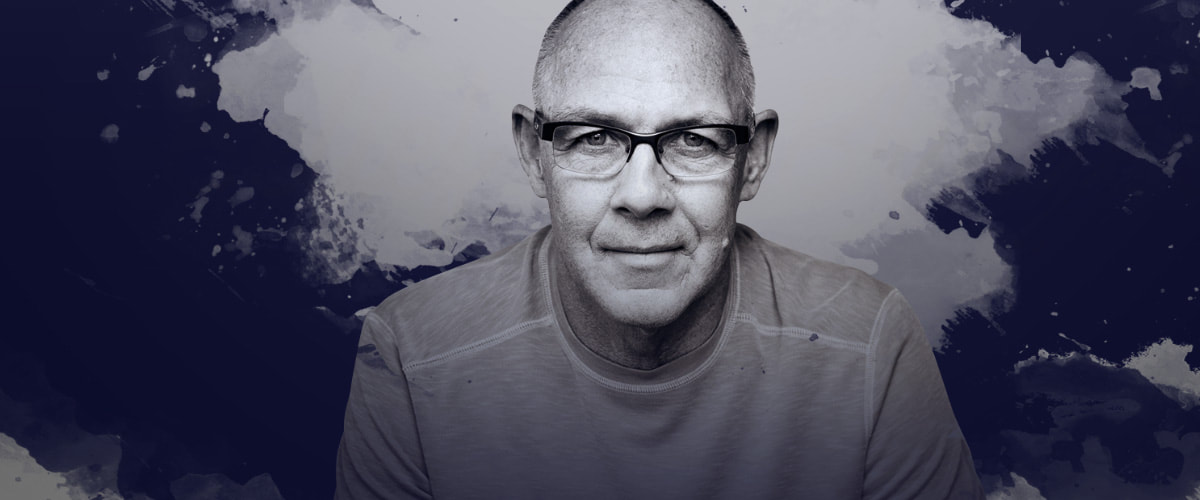
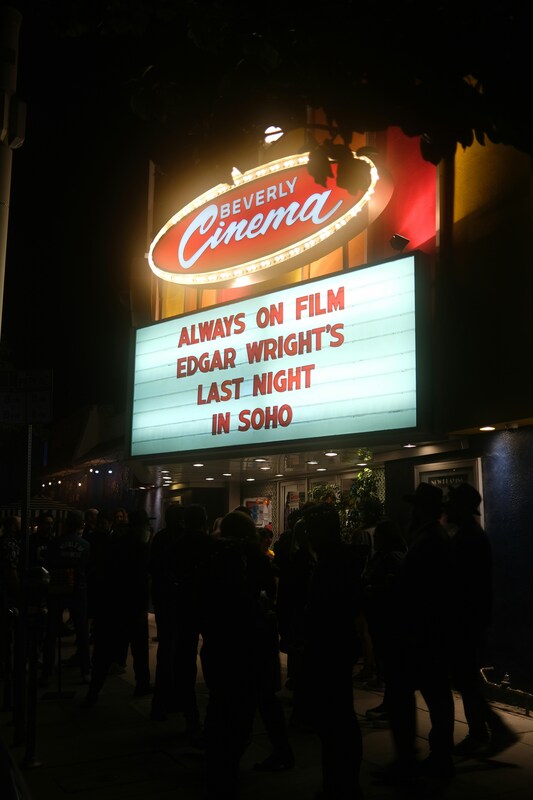
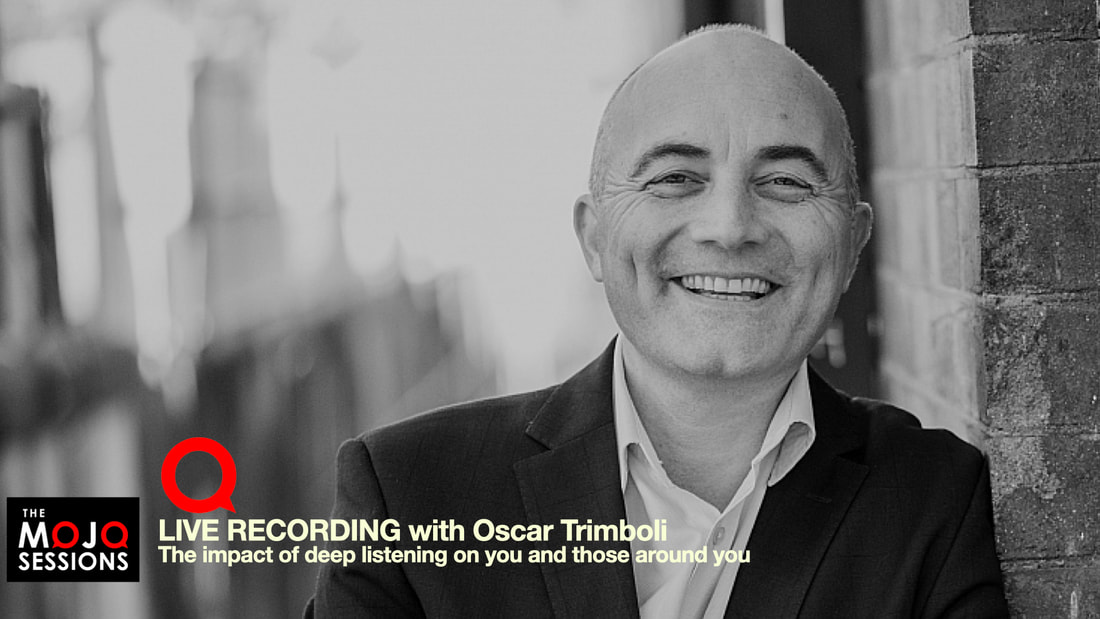
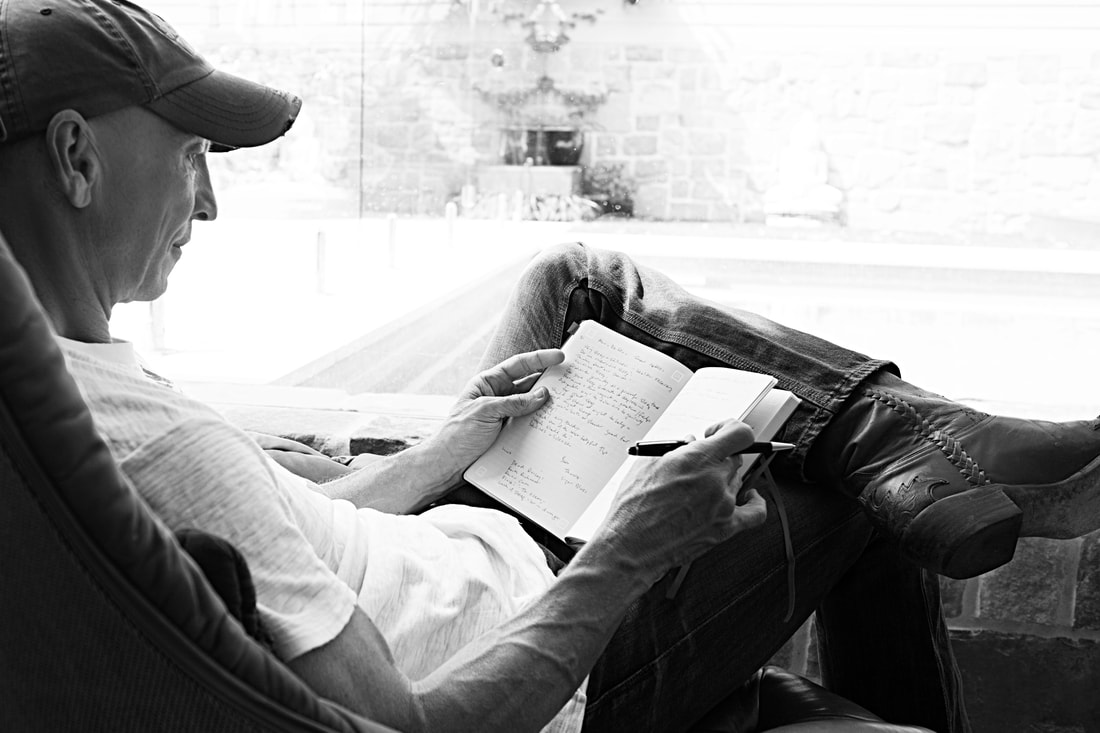

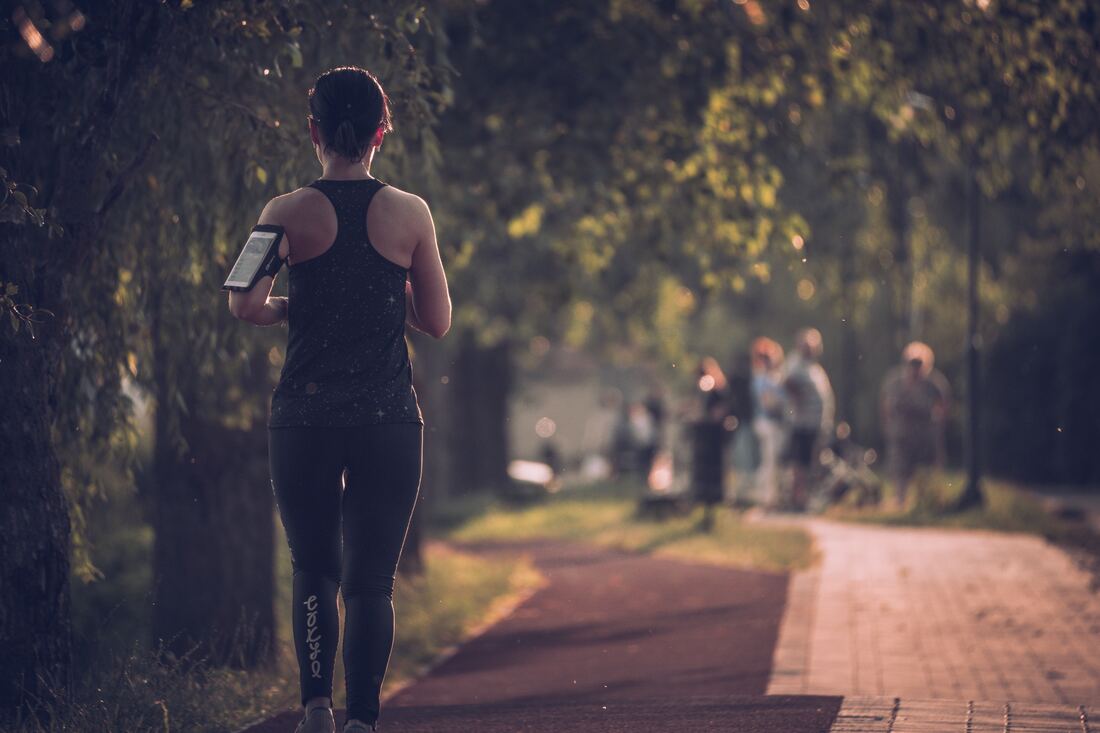
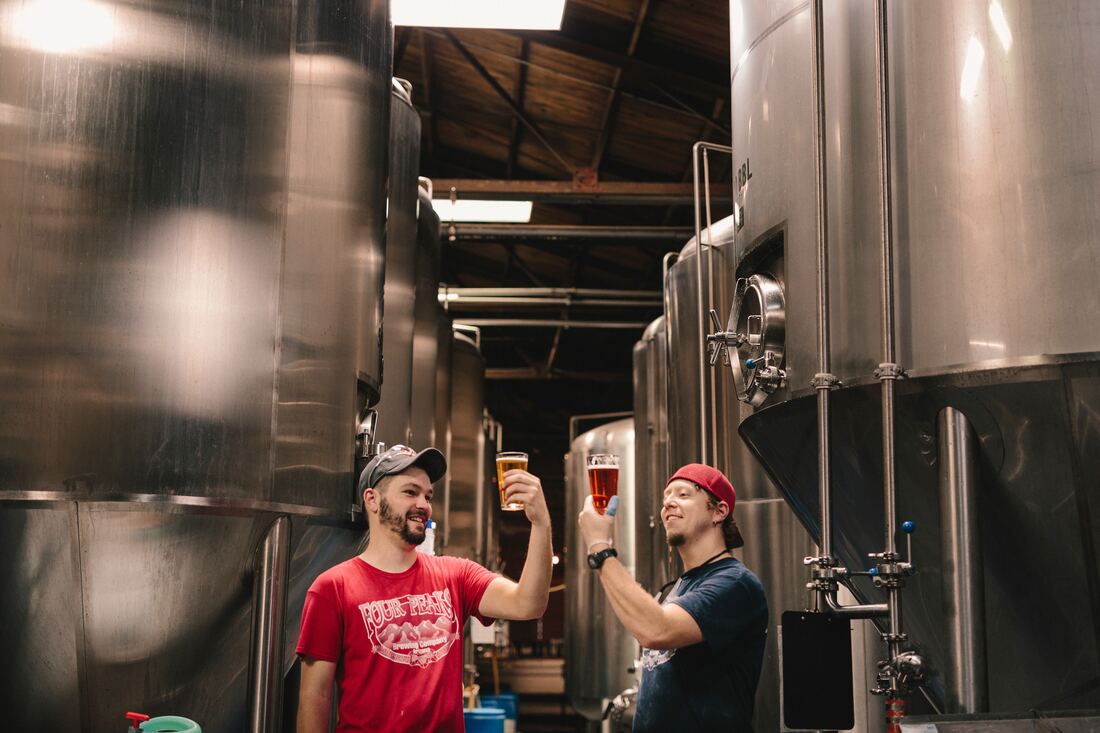
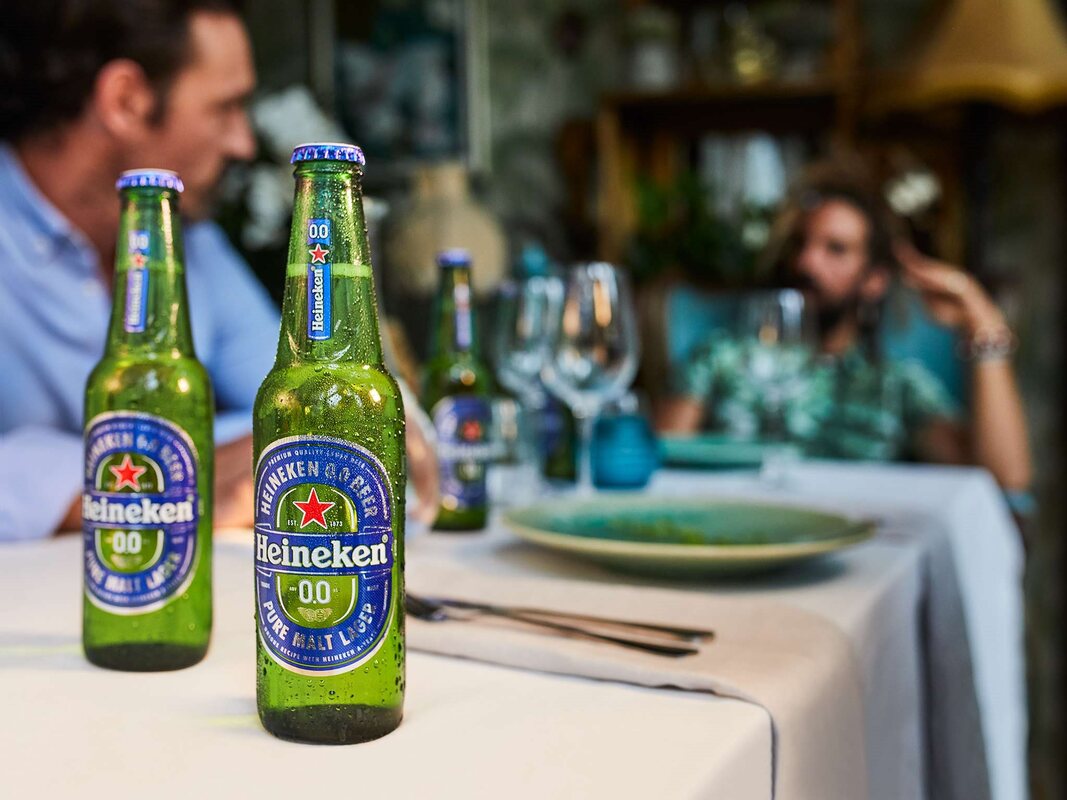


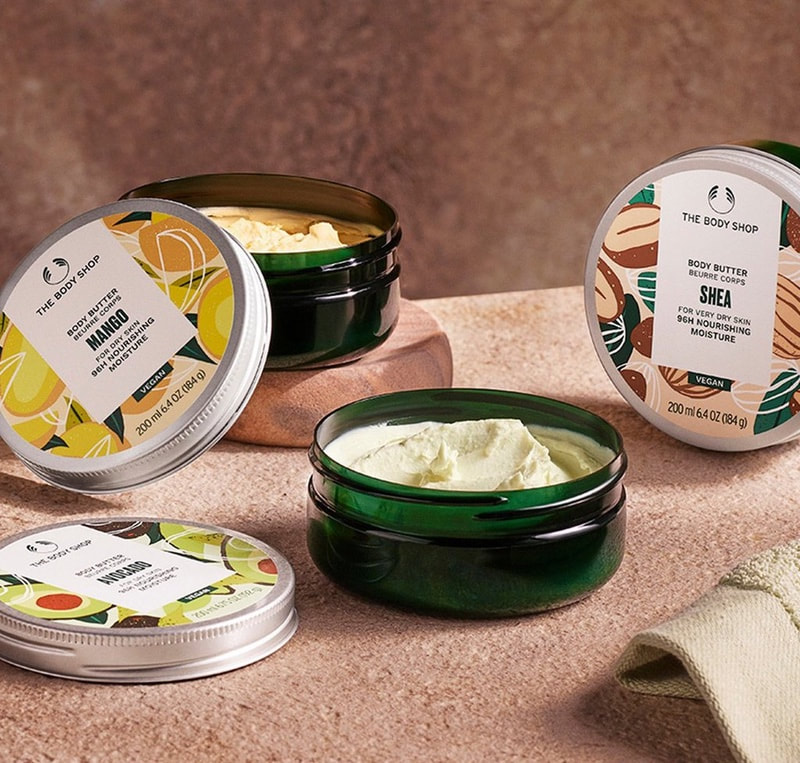

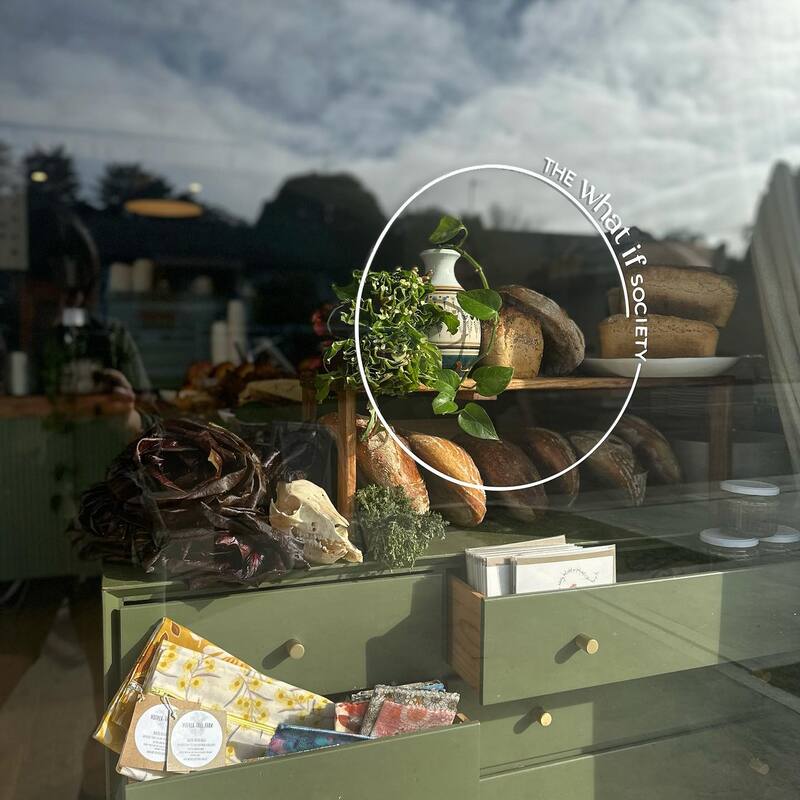
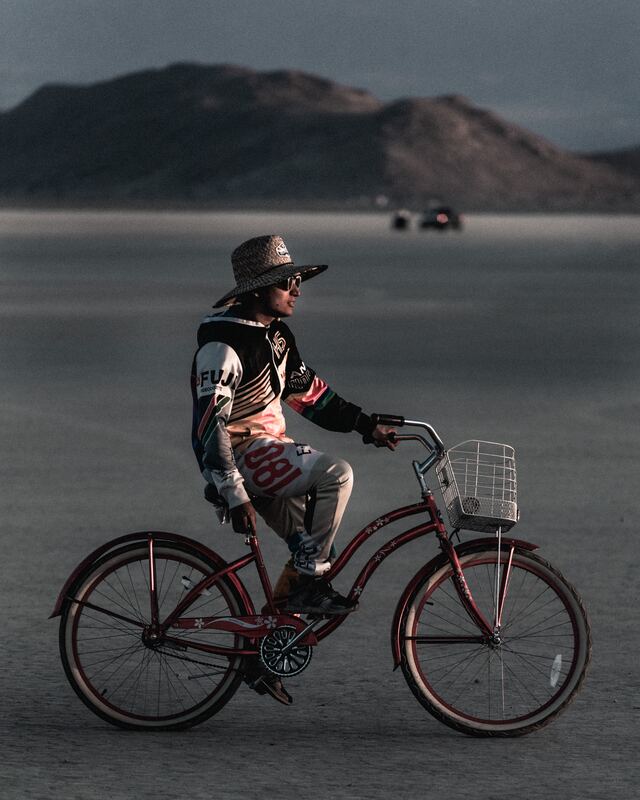
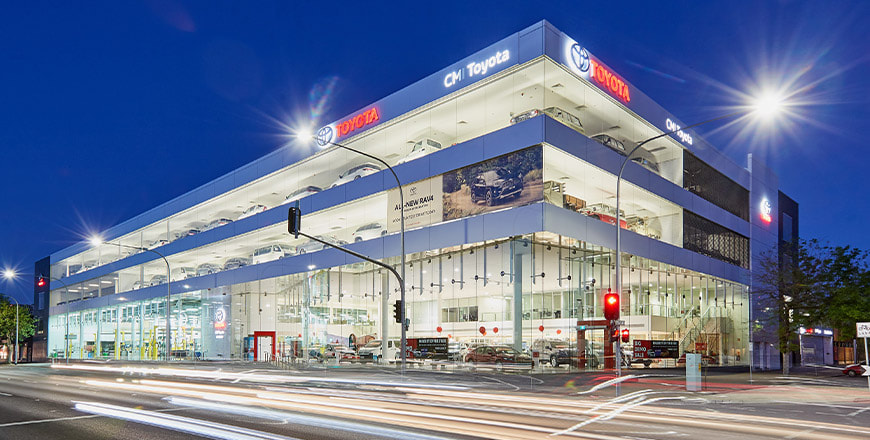
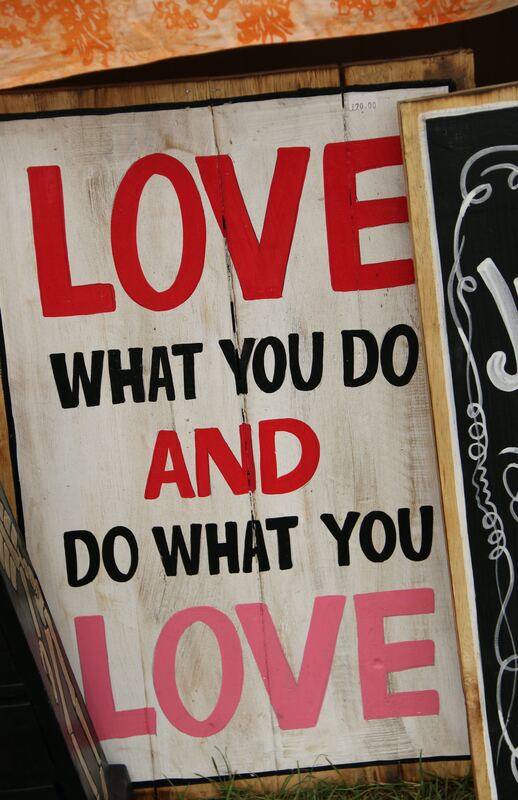
 RSS Feed
RSS Feed